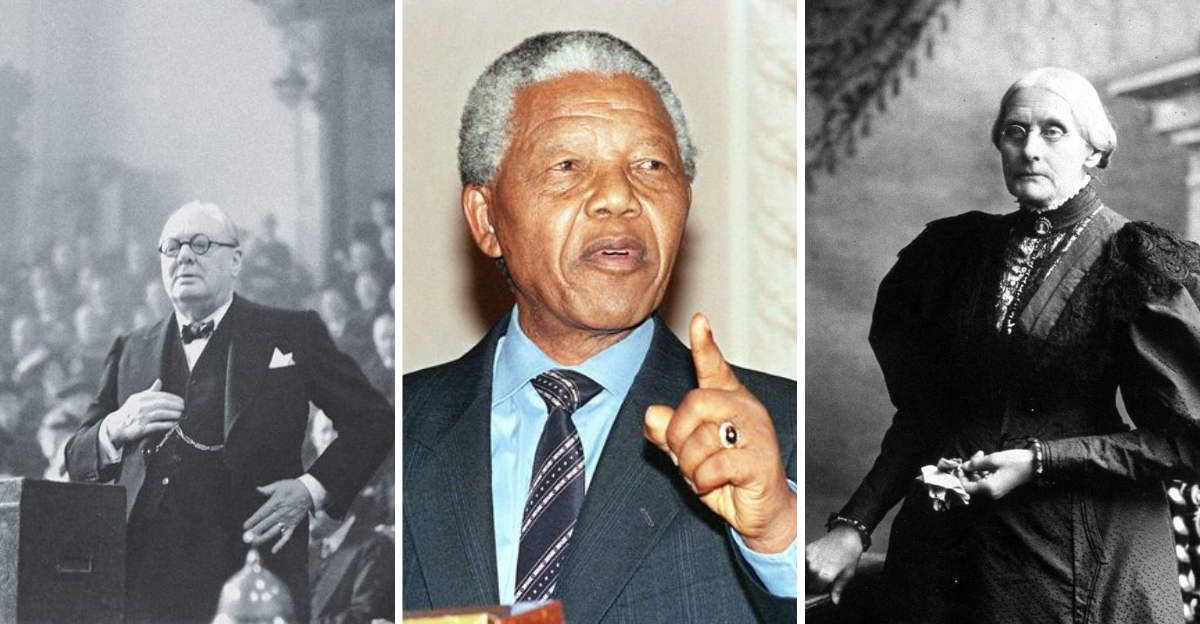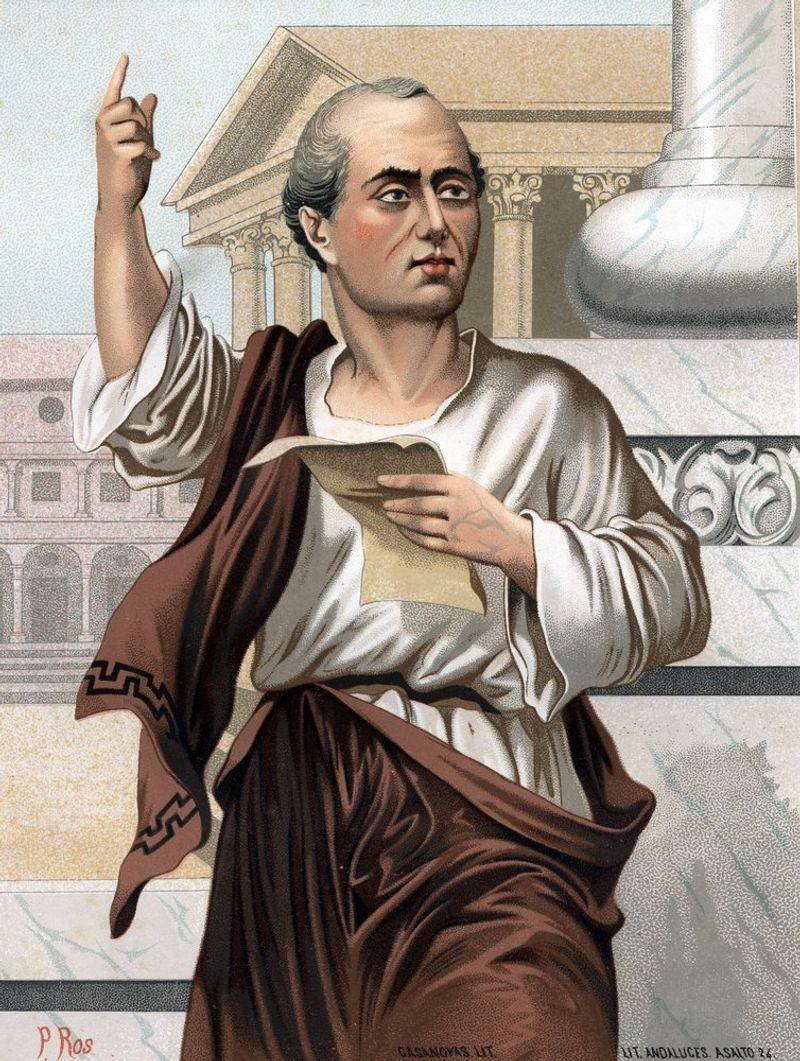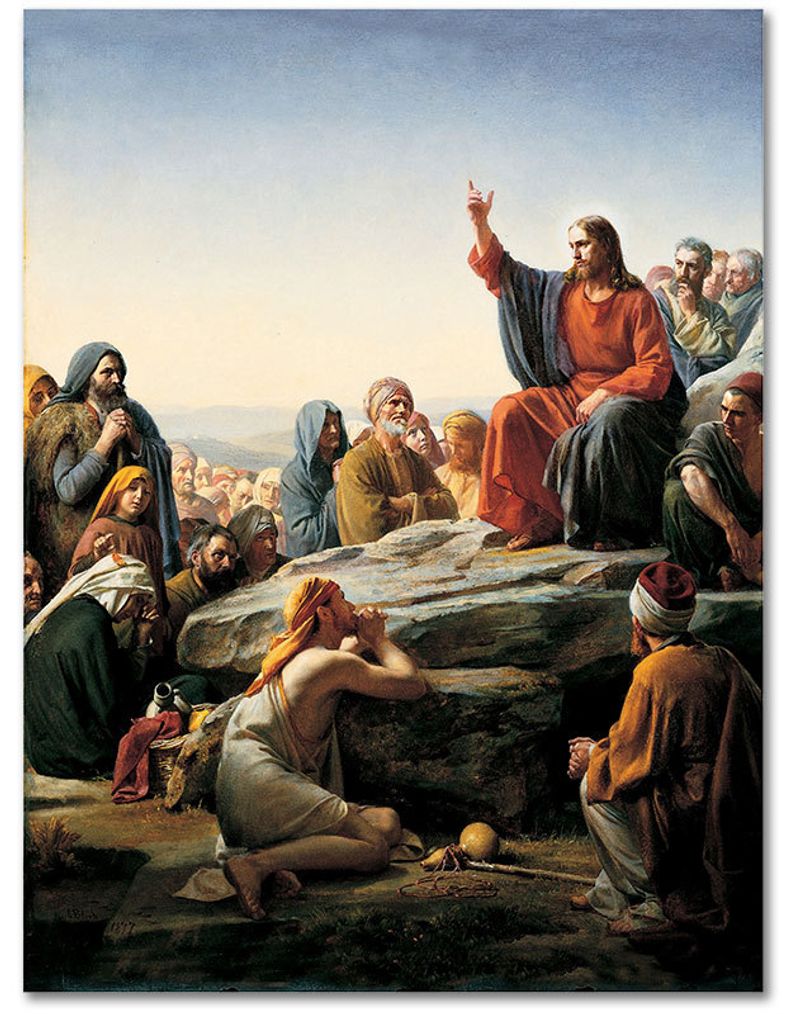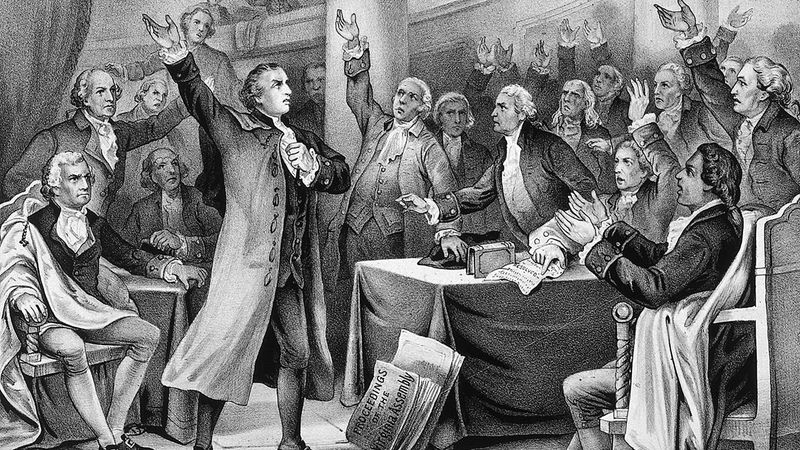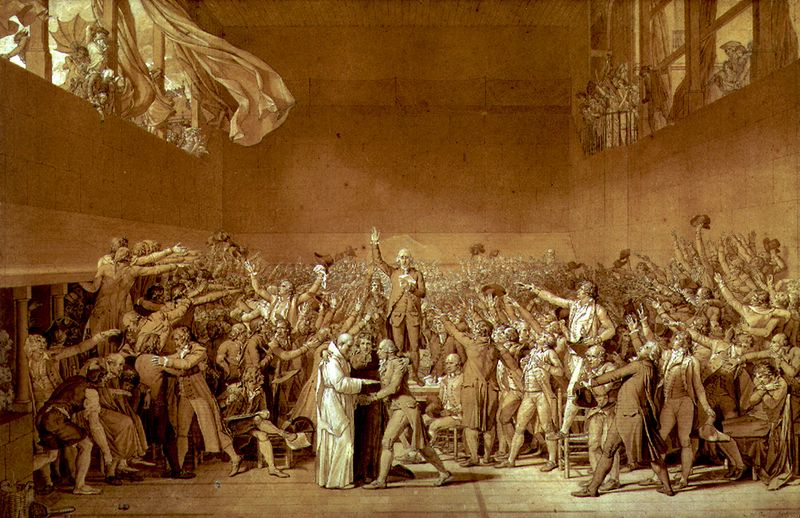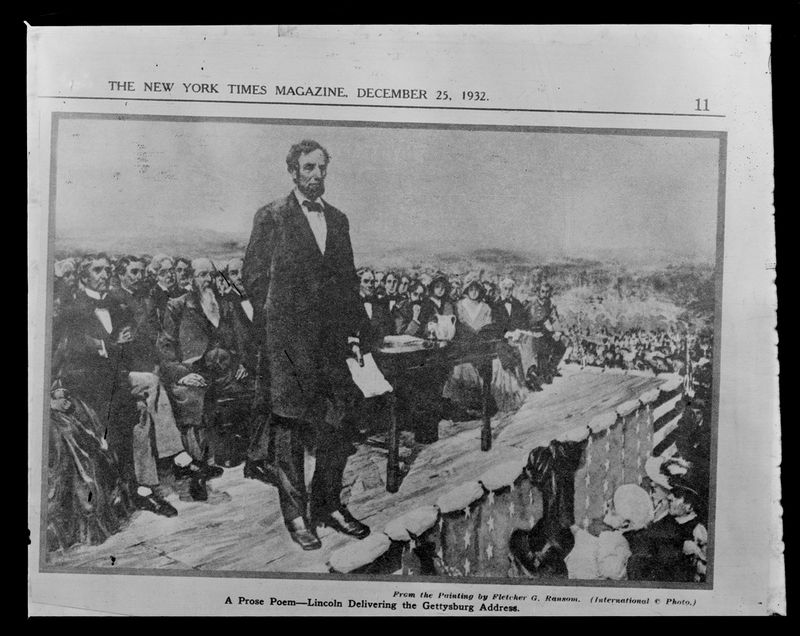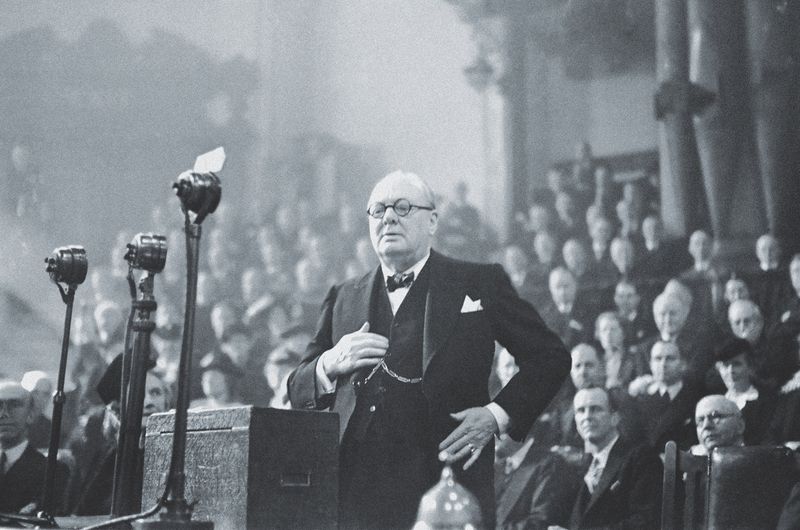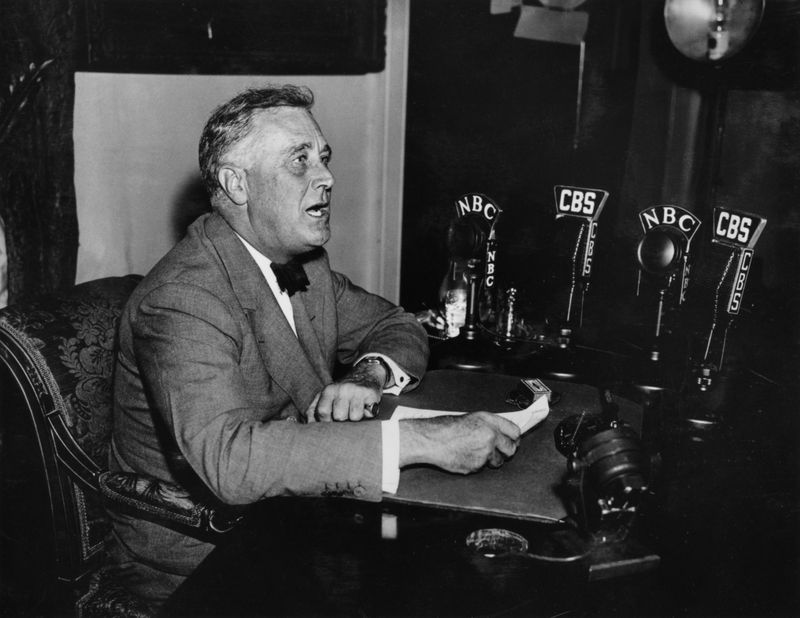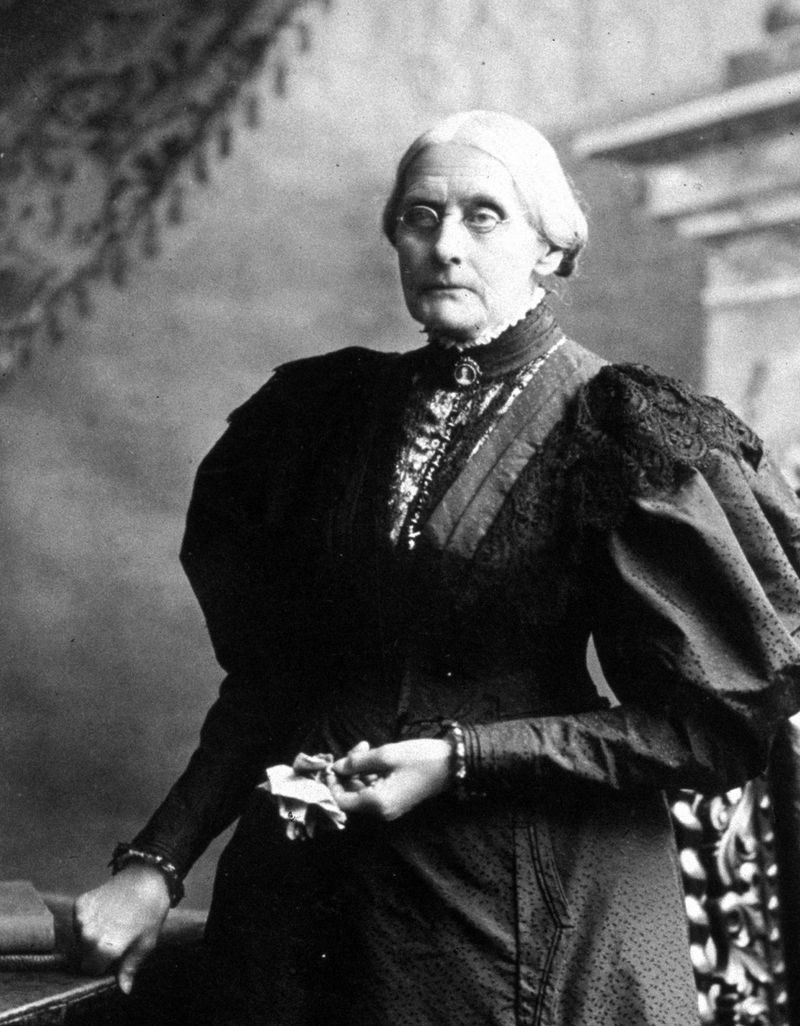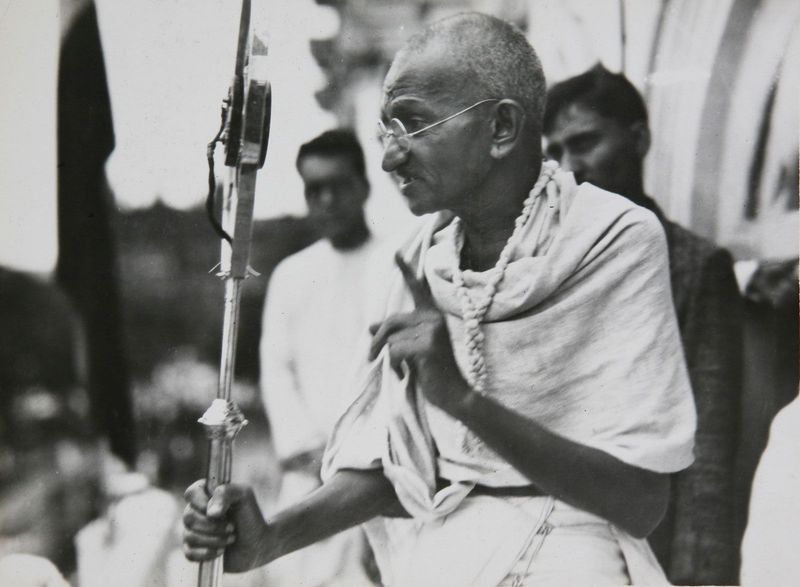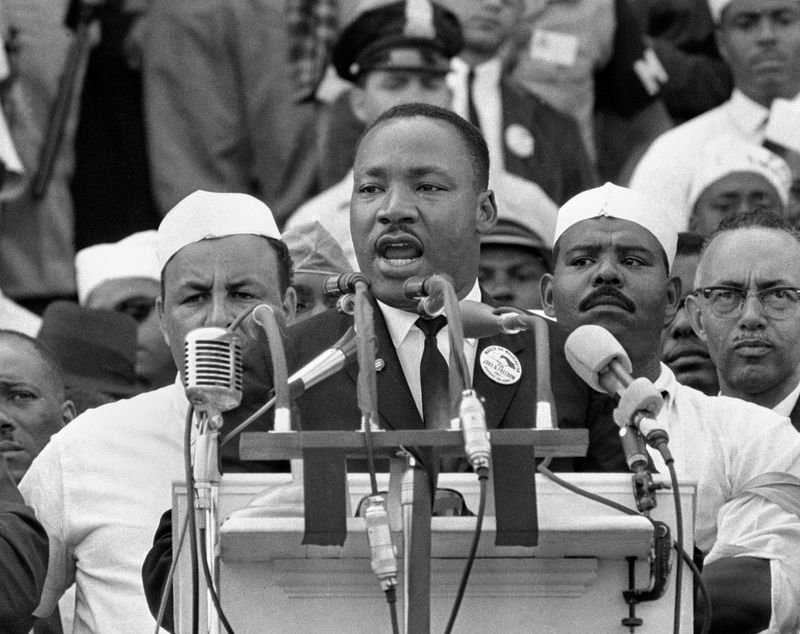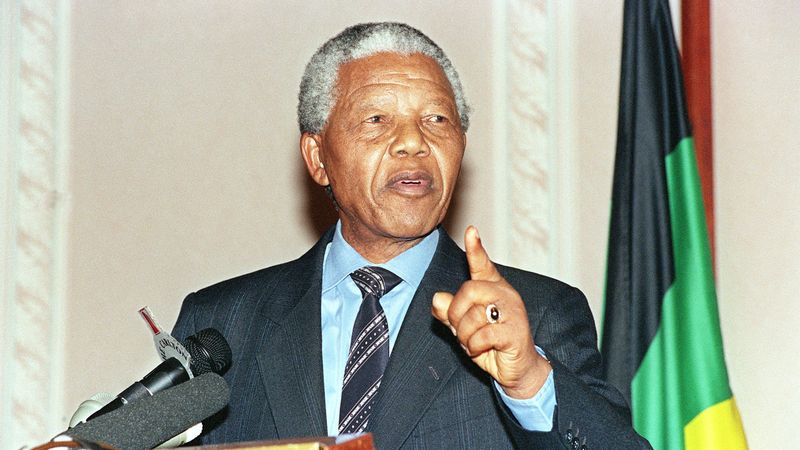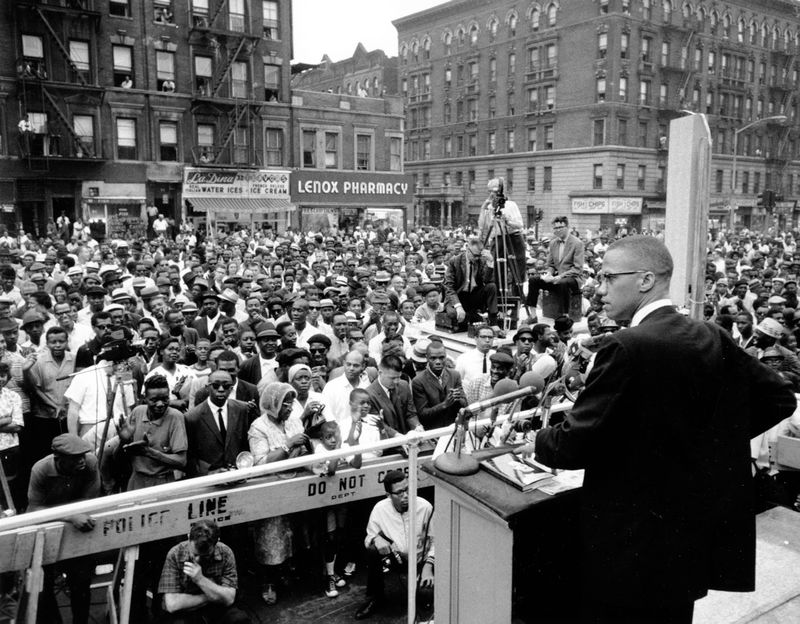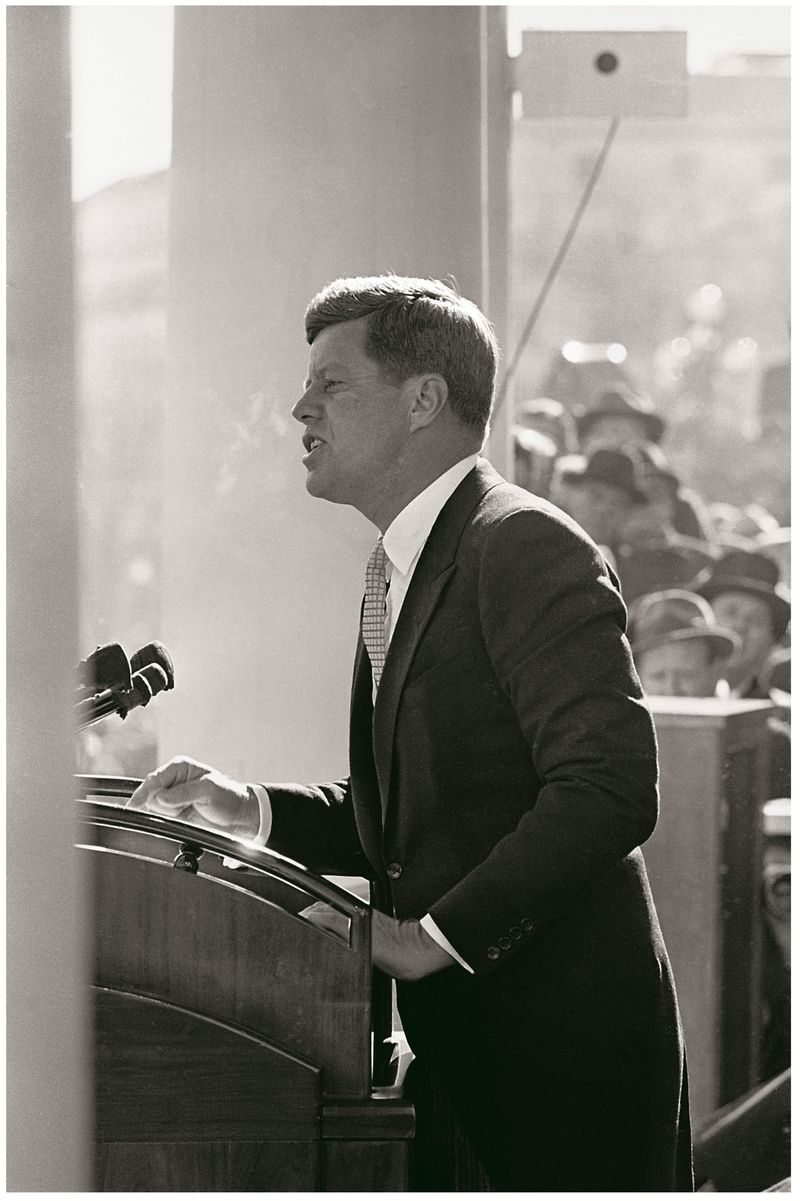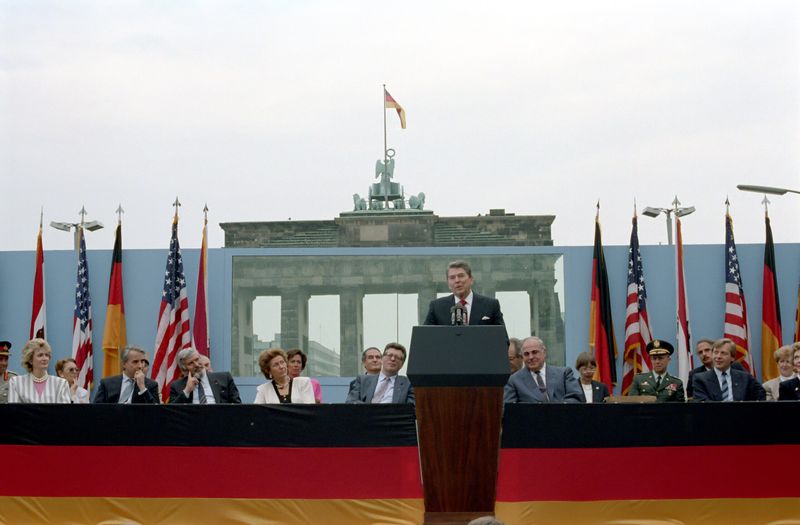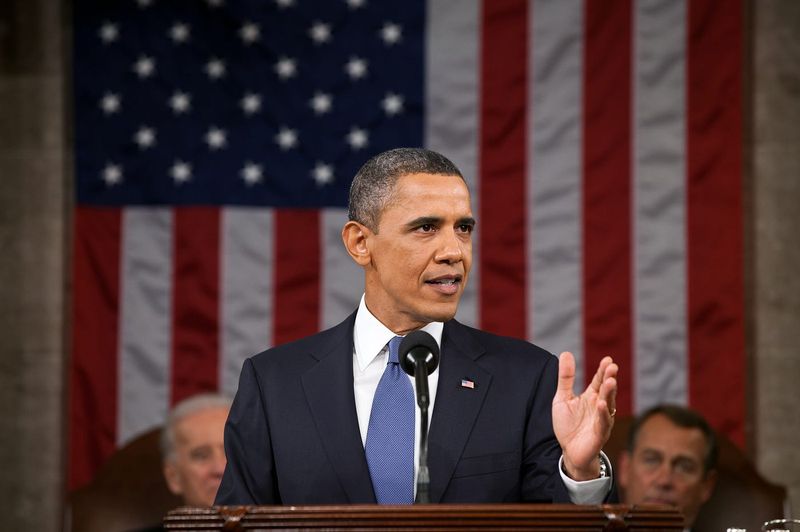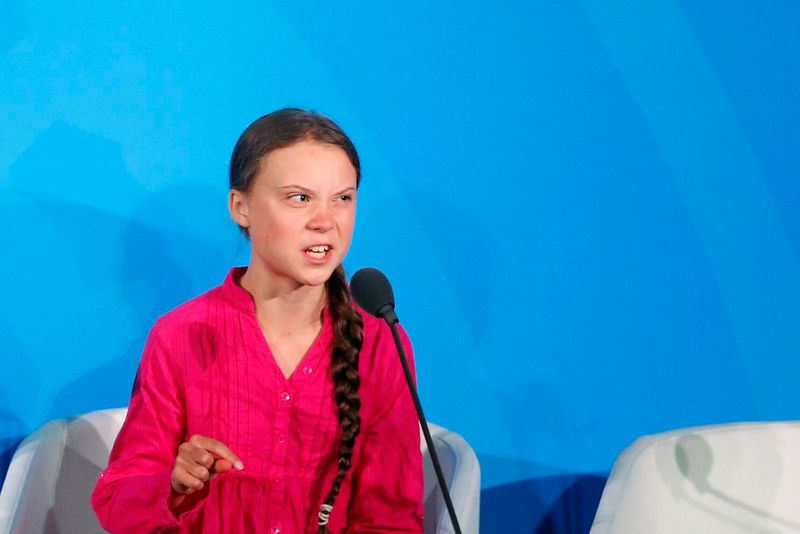Words can change the world. Throughout history, great speakers have inspired revolutions, comforted nations during dark times, and moved millions to action. Their speeches echo through time, shaping our societies and values in profound ways. Let’s explore twenty remarkable orators whose words transformed history.
1. Cicero (106–43 BCE) – Rome’s greatest orator, whose speeches defended republicanism and influenced Western rhetoric.
Standing before the Roman Senate, Cicero’s voice commanded attention like no other. His perfect Latin flowed with a rhythm that captivated listeners while his logical arguments dismantled opponents. Cicero’s speeches against corruption and tyranny became the gold standard of political oratory. When he exposed Catiline’s conspiracy in 63 BCE, his words alone prevented a coup. For centuries afterward, students studied his techniques, with his influence reaching figures like Thomas Jefferson and John Adams. Even today, his principles of rhetoric—ethos, pathos, and logos—remain fundamental to persuasive speaking.
2. Demosthenes (384–322 BCE) – Athenian statesman whose fiery speeches rallied Greece against Macedonian rule.
Born with a speech impediment, Demosthenes transformed himself through sheer determination. Legend says he practiced speaking with pebbles in his mouth and shouted over crashing waves to strengthen his voice. His Philippics—passionate warnings against King Philip of Macedon—became his legacy. These speeches urged Greeks to unite against foreign domination, displaying remarkable foresight about the threat to Greek independence. Demosthenes paid for his boldness with his life, choosing suicide over capture. His journey from stuttering boy to Athens’ greatest speaker remains an enduring symbol of overcoming personal limitations.
3. Jesus of Nazareth (c. 4 BCE–30 CE) – His Sermon on the Mount remains one of history’s most influential speeches.
Seated on a hillside overlooking the Sea of Galilee, a carpenter’s son delivered words that would echo across millennia. Simple yet profound, Jesus spoke not with the complex rhetoric of scholars but with parables and teachings accessible to all. His Sermon on the Mount introduced revolutionary concepts—blessing the meek, loving enemies, and seeking peace. These teachings upended conventional wisdom about power and justice. What makes Jesus exceptional as an orator was his ability to distill complex spiritual truths into memorable phrases. “Do unto others” and “blessed are the peacemakers” continue to shape ethical thought worldwide, transcending religious boundaries.
4. Patrick Henry (1736–1799) – “Give me liberty or give me death!” ignited the American Revolution.
A Virginia lawyer with fiery red hair and piercing eyes, Patrick Henry electrified the Second Virginia Convention in 1775. Witnesses described how his voice rose from conversational to thunderous as he delivered his famous ultimatum. Henry possessed the rare gift of speaking plainly while evoking powerful emotions. His speech at St. John’s Church wasn’t merely eloquent—it was a call to action that transformed hesitant colonists into revolutionaries. Though only fragments of his speeches survive, Henry’s influence was enormous. Thomas Jefferson later wrote that Henry seemed “to speak as Homer wrote,” with a natural eloquence that made him the Revolution’s voice of courage.
5. Maximilien Robespierre (1758–1794) – The fiery voice of the French Revolution.
Cold, precise, and utterly convinced of his righteousness, Robespierre captivated France with his vision of radical equality. Unlike bombastic orators, he spoke methodically, his words cutting like a surgeon’s knife through the old order. His speech introducing the Cult of the Supreme Being revealed his unusual power—blending Enlightenment rationality with near-religious fervor for revolutionary ideals. Even enemies acknowledged his ability to make extreme ideas sound reasonable. Robespierre’s speaking style mirrored his personality: disciplined, uncompromising, and intense. His oratory helped transform France but ultimately led to the Terror, demonstrating how powerful words can inspire both liberation and destruction.
6. Frederick Douglass (1818–1895) – Former slave whose speeches on abolition and equality shook America.
Escaping slavery at 20, Frederick Douglass transformed himself into an intellectual force whose eloquence astonished white audiences. His commanding presence—tall with piercing eyes and a resonant voice—demanded attention the moment he stepped onto a stage. Douglass wielded personal testimony like a weapon. His “What to the Slave is the Fourth of July?” speech brilliantly exposed American hypocrisy by contrasting independence celebrations with the reality of bondage. What made Douglass extraordinary was his ability to balance righteous anger with strategic persuasion. He could condemn injustice while still appealing to America’s highest ideals, making him not just an abolitionist speaker but a moral conscience for a divided nation.
7. Abraham Lincoln (1809–1865) – The Gettysburg Address redefined democracy and freedom.
His voice was surprisingly high-pitched for his tall frame, yet Lincoln’s words carried a weight few could match. Largely self-educated, he developed a distinctive style that combined frontier plainspokenness with biblical rhythms and profound moral clarity. The Gettysburg Address—just 272 words delivered in under three minutes—demonstrates his genius for distillation. Where other speakers that day talked for hours, Lincoln captured the war’s meaning and America’s purpose with remarkable brevity. Lincoln’s power came from authenticity rather than theatrical techniques. His Second Inaugural Address, with its call for healing “with malice toward none, with charity for all,” reveals a speaker who could voice hard truths while still offering hope.
8. Winston Churchill (1874–1965) – “We shall fight on the beaches” steeled Britain during WWII.
Churchill weaponized the English language when Britain stood alone against Nazi Germany. Despite a childhood lisp he never fully overcame, his distinctive growling delivery became instantly recognizable to millions through radio broadcasts. His speeches during the darkest days of 1940 performed a kind of alchemy—transforming fear into determination and potential defeat into defiance. Churchill crafted his addresses meticulously, sometimes spending days perfecting a single phrase. What made Churchill exceptional was his ability to be both blunt about dangers while inspiring confidence. “I have nothing to offer but blood, toil, tears, and sweat” acknowledged hardship while simultaneously making listeners proud to face it.
9. Franklin D. Roosevelt (1882–1945) – His fireside chats reassured a nation during the Great Depression and war.
Confined to a wheelchair but refusing to be photographed in it, FDR revolutionized political communication through radio. His warm, patrician voice entered millions of living rooms during his “fireside chats,” creating an intimate connection between president and citizens during crisis. Roosevelt mastered conversational persuasion. Rather than formal oratory, he explained complex policies as if chatting with neighbors, making government accessible to ordinary Americans struggling through depression and war. His first inaugural address—declaring “the only thing we have to fear is fear itself”—demonstrates his genius for finding the perfect phrase to shift national mood. Roosevelt’s speaking style rebuilt trust in government when faith in institutions was at its lowest.
10. Susan B. Anthony (1820–1906)
Susan B. Anthony, a pioneering advocate for women’s rights, used her voice to champion suffrage and equality. Her speeches were fiery and unapologetic, calling for the right to vote and equal treatment under the law. Anthony’s dedication to the cause resonated with many, sparking a nationwide movement.
Her relentless pursuit of justice led to significant advancements in women’s rights. Anthony’s speeches were not only persuasive but also deeply inspiring, motivating countless individuals to join the fight for equality.
A fun fact: Anthony was arrested for voting in the 1872 presidential election, a bold act of civil disobedience that underscored her commitment to change.
11. Charles de Gaulle (1890–1970) – Embodied French resistance with his wartime broadcasts.
Standing an imposing 6’5″ with a distinctive nose and military bearing, de Gaulle’s physical presence matched his oratorical gravitas. His famous June 18, 1940 BBC broadcast—when France had fallen to Nazi Germany—began with just four listeners but ultimately sparked a resistance movement. De Gaulle’s speaking style was deliberately formal and historical. He addressed listeners not as individuals but as part of the eternal French nation, connecting present struggles to France’s grand past. His genius lay in projecting absolute certainty during uncertain times. When he proclaimed “France has lost a battle but not the war,” his unshakable conviction made resistance seem not just possible but inevitable, restoring French dignity when it was most threatened.
12. Mahatma Gandhi (1869–1948) – His speeches on nonviolence inspired India’s independence.
Physically frail but spiritually formidable, Gandhi spoke in a soft voice that nonetheless commanded attention from thousands. Unlike thundering orators, he often sat cross-legged while addressing massive crowds, creating an atmosphere more like a spiritual gathering than a political rally. Gandhi’s genius lay in simplicity and moral clarity. His speeches blended Hindu philosophy, practical politics, and universal ethical principles, making complex ideas accessible to both illiterate villagers and Western intellectuals. What made Gandhi’s oratory revolutionary was his insistence that means and ends were inseparable. When he spoke about achieving independence through nonviolence, his own life embodied the message, giving his words a credibility that inspired millions to join his movement without raising weapons.
13. Martin Luther King Jr. (1929–1968) – “I Have a Dream” became the anthem of the Civil Rights Movement.
King’s voice—a powerful baritone shaped by the Black church tradition—could shift seamlessly from conversational tones to soaring crescendos. His oratorical training as a Baptist minister gave him mastery of rhythm, repetition, and metaphor. The “I Have a Dream” speech showcases his genius for weaving together multiple traditions. King referenced the Bible, Constitution, and spirituals while using the call-and-response pattern familiar to Black congregations, creating a tapestry of American ideals. What made King extraordinary was his ability to confront injustice while still appealing to universal values. Even when describing brutal realities of segregation, he maintained a vision of reconciliation, making his message accessible to audiences across racial divides.
14. Nelson Mandela (1918–2013) – His trial speech (“I am prepared to die”) defined the anti-apartheid struggle.
After 27 years in prison, Mandela emerged with a speaking style that balanced moral authority with remarkable restraint. His distinctive voice—measured and dignified—conveyed strength without anger, a powerful contrast to the heated rhetoric of his era. Mandela’s 1964 trial speech transformed a potential death sentence into a platform for justice. Rather than simply defending himself, he articulated a vision for South Africa that would ultimately triumph decades later. What made Mandela exceptional was his strategic use of forgiveness in his speeches. When he addressed white South Africans after becoming president, his words built bridges rather than seeking revenge, demonstrating how oratory can heal divided societies rather than simply rallying supporters.
15. Malcolm X (1925–1965) – Fiery advocate for Black empowerment and human rights.
With razor-sharp precision and unflinching directness, Malcolm X transformed podiums into courtrooms where America stood accused. His speaking style—influenced by both Islamic preaching and street corner debates—featured rapid-fire delivery, withering sarcasm, and devastating logic. Malcolm’s “Ballot or Bullet” speech exemplifies his rhetorical power. He built arguments methodically, using everyday language while challenging listeners to confront uncomfortable truths about racism in America. What made Malcolm extraordinary was his evolution as a speaker. After his pilgrimage to Mecca, his addresses retained their urgency but embraced a broader human rights framework. This growth—captured in his speeches—makes him remarkable not just for his fiery rhetoric but for his intellectual journey expressed through public speaking.
16. John F. Kennedy (1917–1963) – “Ask not what your country can do for you” defined a generation.
Kennedy brought Hollywood charisma to presidential oratory. His Boston accent, rapid delivery, and self-deprecating humor created an impression of youthful vigor that contrasted sharply with the stiff political speaking of the 1950s. His inaugural address—delivered hatless in the January cold—captured the idealism of a new era. Kennedy’s speechwriter Ted Sorensen helped craft phrases that balanced poetic rhythm with conversational directness. Kennedy mastered television as a medium for political communication. His ability to look directly into cameras while projecting both authority and approachability made complex issues like the Cuban Missile Crisis comprehensible to average Americans. This skill created a sense of shared purpose during Cold War tensions.
17. Ronald Reagan (1911–2004) – “Tear down this wall!” challenged Soviet oppression.
The “Great Communicator” brought his Hollywood training to politics, using perfectly timed pauses and camera-ready expressions to connect with audiences. Reagan’s warm, grandfatherly voice conveyed optimism even when discussing serious topics. His Brandenburg Gate speech demonstrated his gift for symbolic moments. Standing before the Berlin Wall, Reagan’s challenge to Gorbachev became more than words—it was a visual statement amplifying his message of freedom. Reagan’s genius lay in storytelling rather than complex policy explanations. By using everyday anecdotes and humor, he made conservative principles accessible to average Americans. His speeches after national tragedies like the Challenger disaster showed his ability to find healing words during moments of collective grief.
18. Margaret Thatcher (1925–2013) – The “Iron Lady” reshaped British politics with her rhetoric.
Thatcher deliberately transformed her speaking style from her early political days. Working with voice coaches, she lowered her naturally high pitch and adopted a slower, more authoritative delivery that commanded respect in the male-dominated Parliament. Her confrontational rhetoric broke sharply with British political tradition. Where predecessors sought consensus, Thatcher’s speeches embraced conflict, famously declaring “The lady’s not for turning” when pressed to change policies. What made Thatcher remarkable was her use of everyday analogies to explain complex economics. By comparing national budgets to household finances, she made conservative economic policies relatable to ordinary voters, changing not just how politicians spoke but how many Britons thought about government’s role.
19. Barack Obama (b. 1961) – “Yes We Can” symbolized hope and change in the 21st century.
Obama’s oratorical style blends multiple traditions—the rhythmic cadences of Black preachers, the measured analysis of a constitutional law professor, and the intimate conversational tone of modern media. His 2004 Democratic Convention speech catapulted him from obscurity to national prominence through its vision of unity. Unlike many politicians who speak in sound bites, Obama builds complex arguments through his speeches. His Philadelphia address on race during the 2008 campaign tackled difficult subjects with nuance rarely seen in political discourse. Obama’s effectiveness comes partly from his physical presence—calm, measured gestures and strategic pauses that give weight to key phrases. His speaking style represents a modern approach that works equally well in formal settings and on social media clips.
20. Greta Thunberg (b. 2003) – Her blunt climate activism speeches galvanized a global movement.
Breaking every rule of traditional oratory, Thunberg’s power comes from her direct, unfiltered style. Speaking without political polish or rhetorical flourishes, her plainspoken delivery carries moral urgency that resonates across generational divides. Her 2019 UN speech—”How dare you”—demonstrates her distinctive approach. Where most speakers seek audience approval, Thunberg deliberately makes listeners uncomfortable, using silence and direct accusation to create memorable moments. As the first major speaker of the social media age, Thunberg understands how brief, emotionally charged statements spread online. Her speeches are designed not just for immediate audiences but for global digital sharing, showing how modern oratory adapts to new technologies while still drawing on the timeless power of moral clarity.
